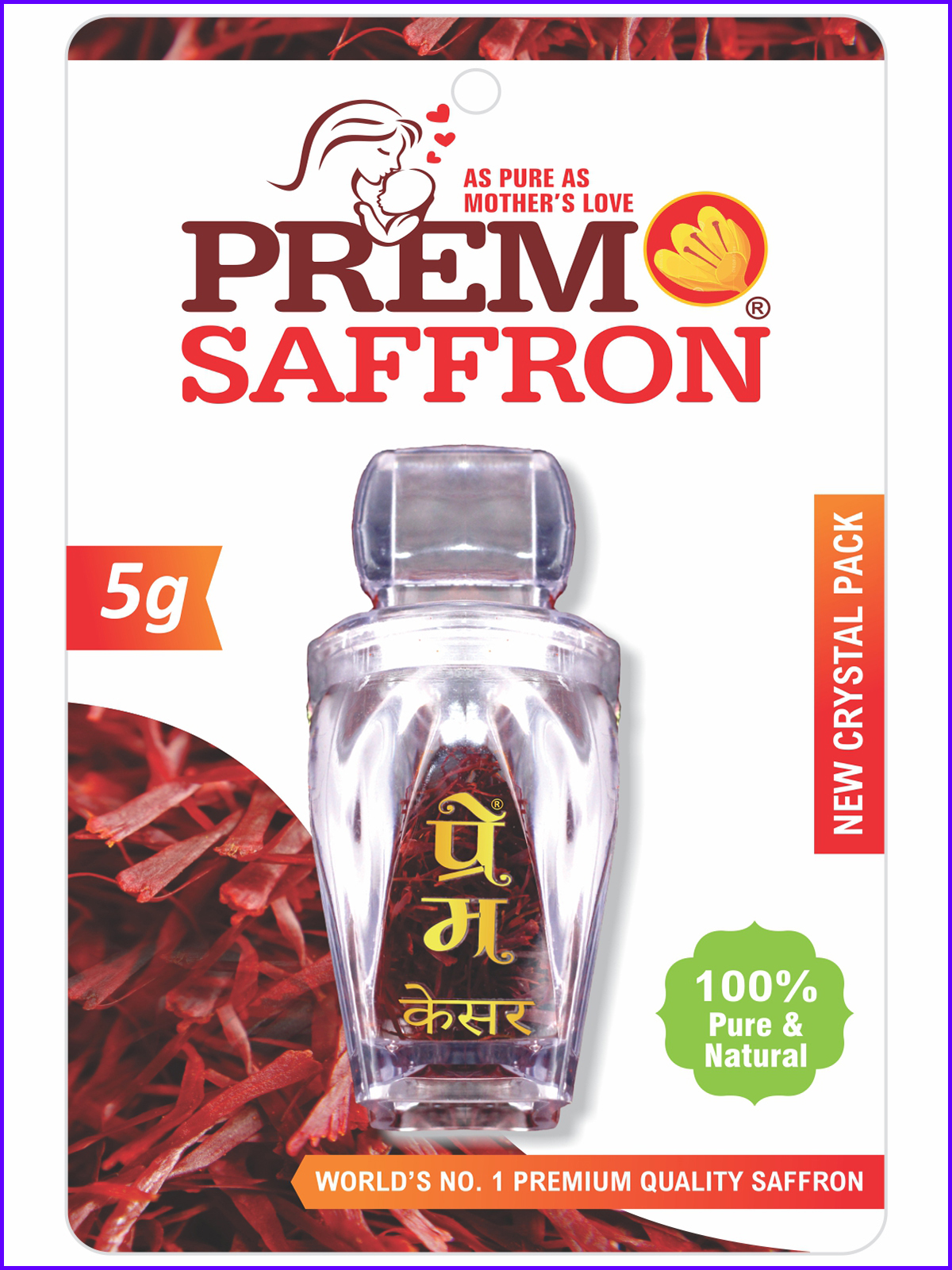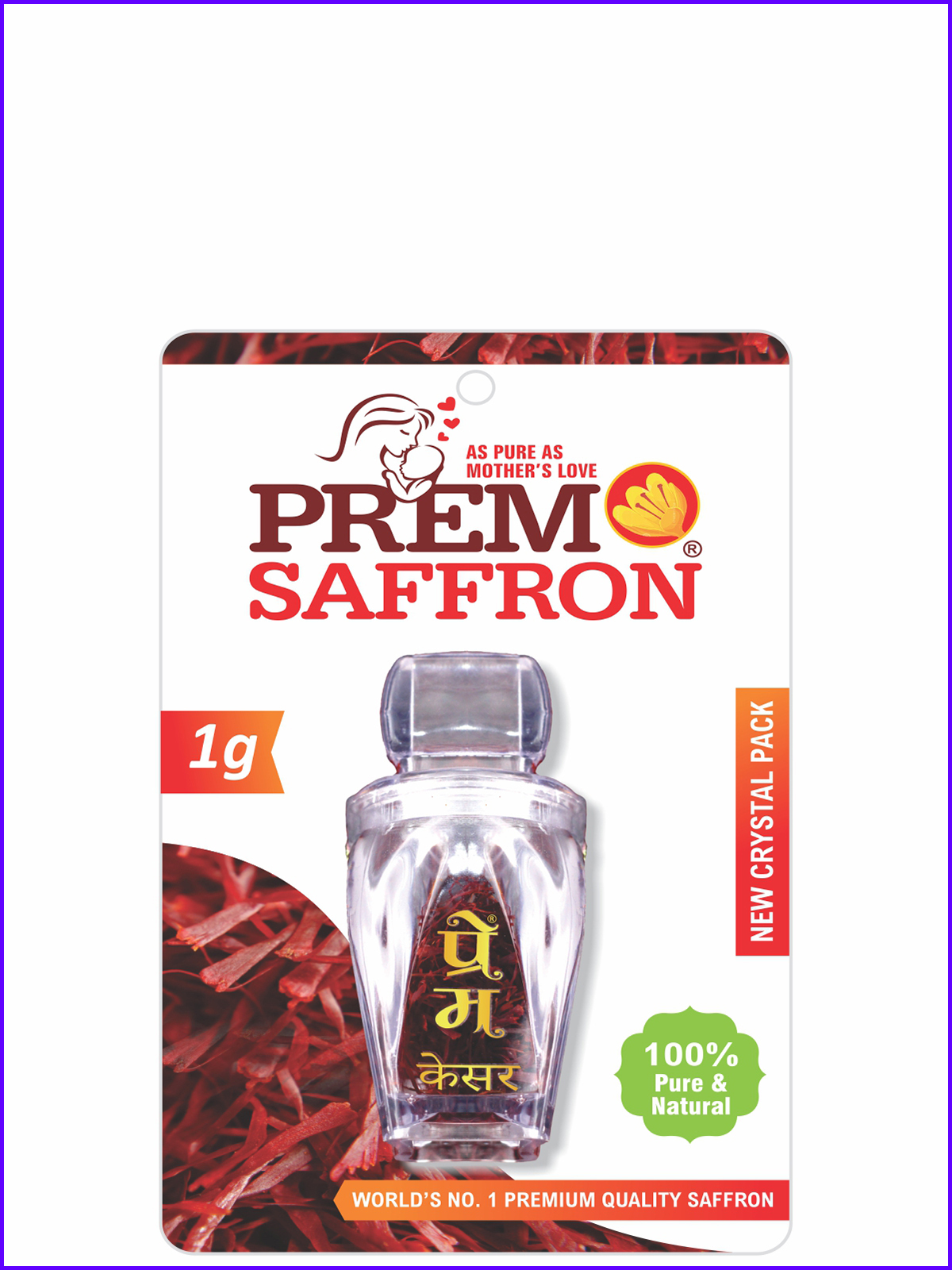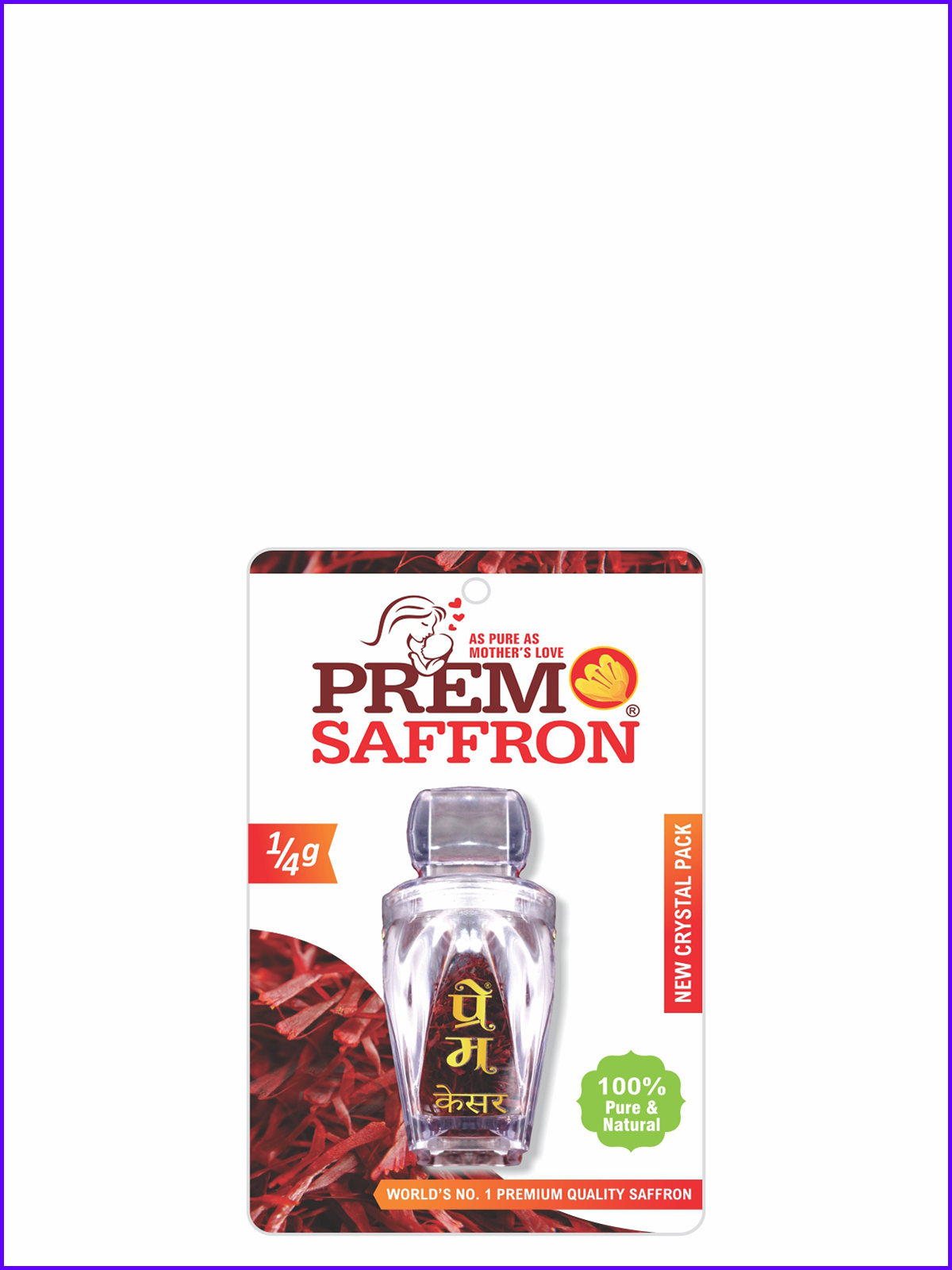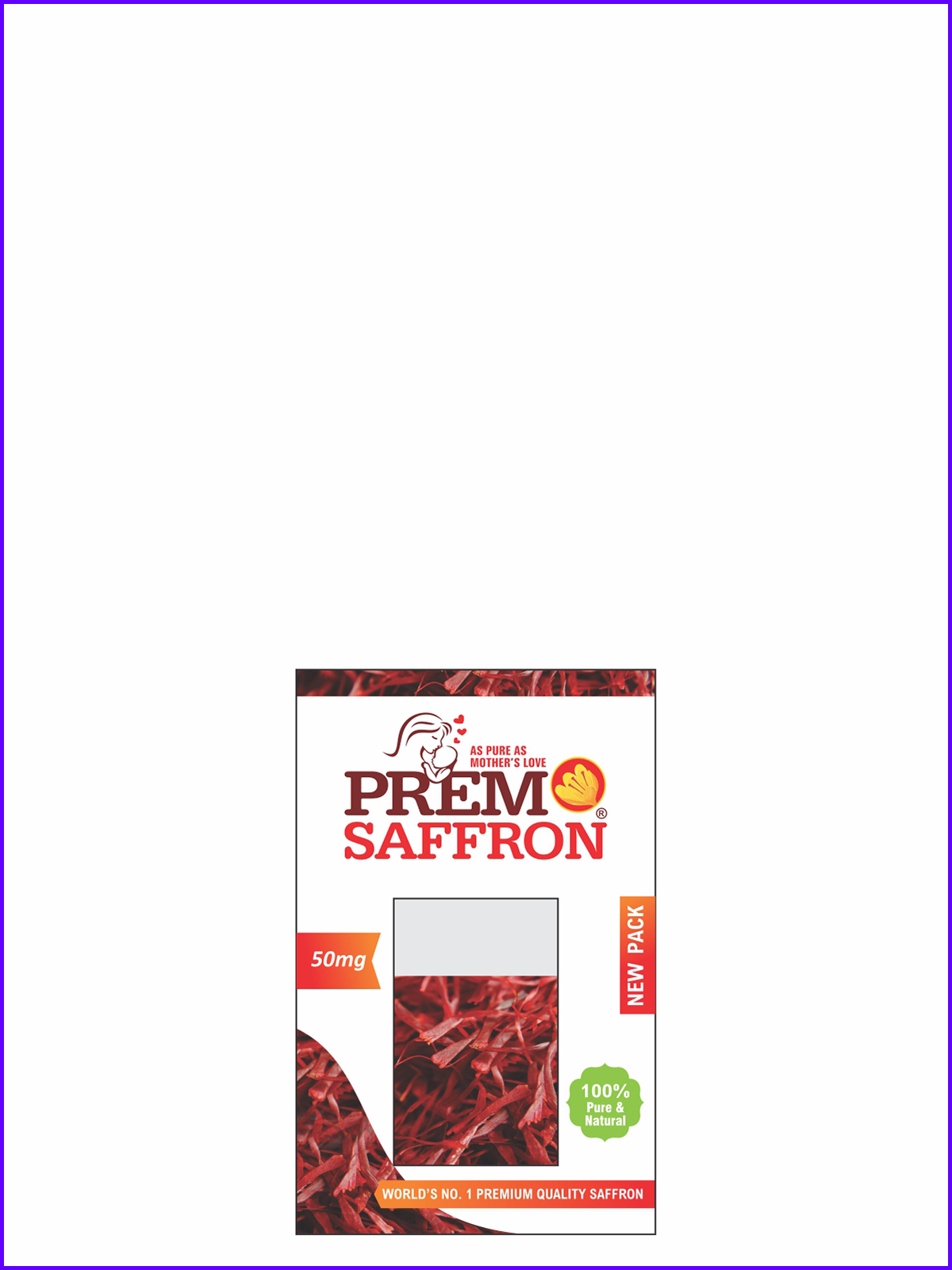Saffron - Kesar
What Is Saffron?
A spice derived from the flower of Crocus sativus (which also is its scientific name), saffron (and its threads, especially) is mainly used as a seasoning and coloring agent in food. Apart from its uses, it is also well known for being one of the most expensive spices in the world.
Saffron is known by other names in various languages or regions like Kesar in Hindi, Jafran in Bengali, Kumkumappu in Tamil, Kumkuma pubba in Telugu and Zaeafran in Arabic.
There are a few well-known variety of Saffron are...
What Is The History Of Saffron?
Cultivation and use of saffron spans more than 3,500 years. It has been traded and used across continents and even utilized as a treatment for over 90 disorders. Ancient Greek legends speak of soldiers embarking on perilous voyages to procure what was thought to be the most valuable saffron. Cleopatra, as per certain texts, used saffron in her baths for its cosmetic properties. Egyptian healers used this spice for treating gastrointestinal ailments. And the Romans used it as a deodorizer.
We speak of all of this for one reason, and one reason only - saffron is good for you. But why?
Why Is Saffron Good For You?
As per the writings of Hippocrates (often regarded as the father of medicine), saffron is a wonderful treatment for colds and coughs, stomach issues, uterine bleeding, insomnia, flatulence, and even heart trouble.
Saffron is extremely rich in manganese, which helps regulate blood sugar and aids the formation of bones, tissues, and sex hormones. It also contains vitamin C that fights infections and aids iron absorption. More interestingly, saffron contains over 150 volatile compounds. Most of saffron's healthful qualities can be attributed to crocin, a compound in saffron.
Even saffron milk has great things to offer. This spice, when combined with milk, can improve digestion and appetite, keep your skin healthy, and even enhance your immunity. Drinking saffron milk every day, especially before going to bed, can promote sound sleep. Saffron oil can make your skin glow - and even saffron water has amazing properties.
All of this boils down to the contents in saffron - which is what we will look at now.























